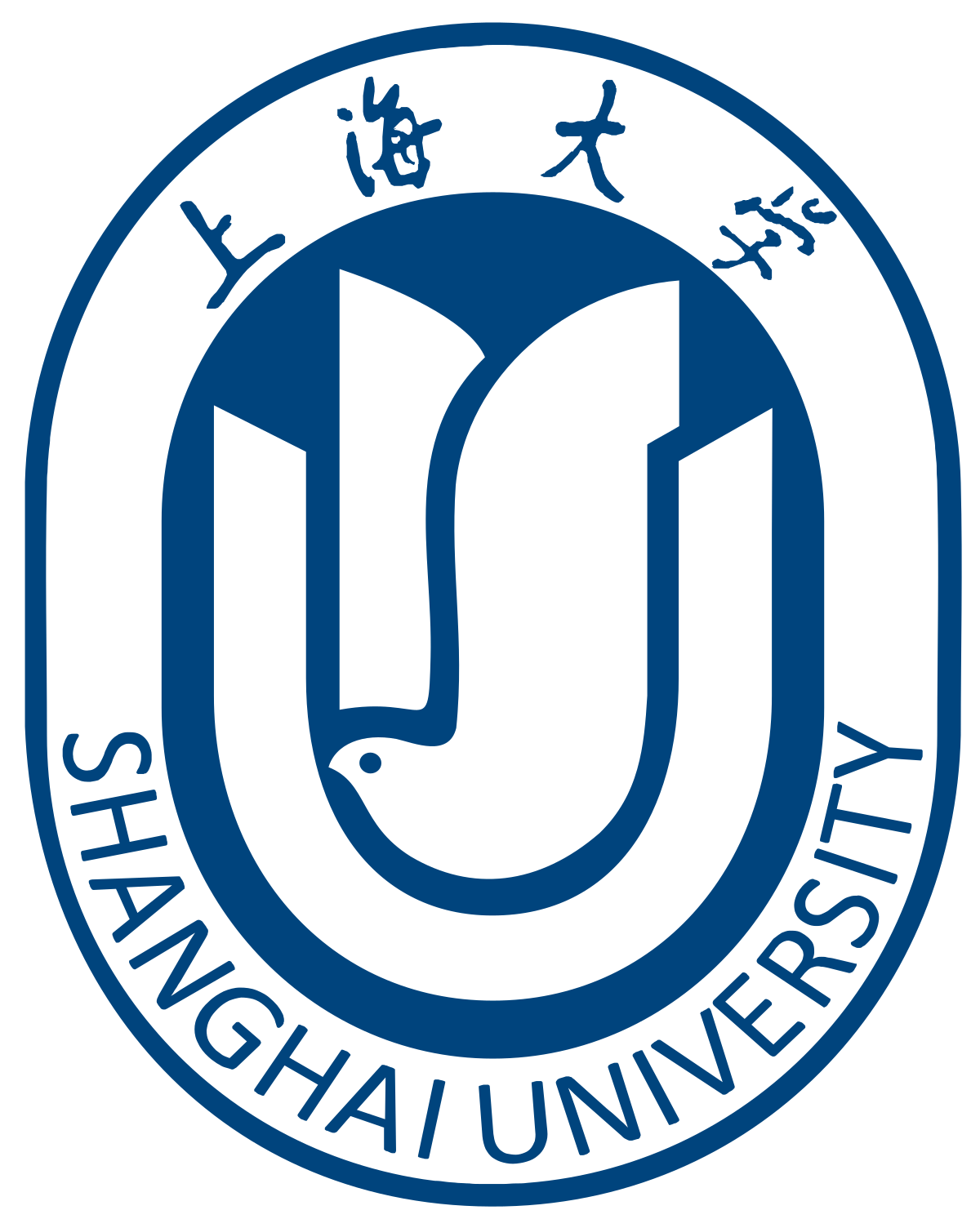
Mechanical Engineering
About this Program
Mechanical engineering is the study of physical machines
that may involve force and movement. It is an engineering branch that combines
engineering physics and mathematics principles with materials science, to
design, analyze, manufacture, and maintain mechanical systems.[1] It is one of
the oldest and broadest of the engineering branches.
Mechanical engineering requires an understanding of core
areas including mechanics, dynamics, thermodynamics, materials science, design,
structural analysis, and electricity. In addition to these core principles,
mechanical engineers use tools such as computer-aided design (CAD),
computer-aided manufacturing (CAM), computer-aided engineering (CAE), and
product lifecycle management to design and analyze manufacturing plants,
industrial equipment and machinery, heating and cooling systems, transport
systems, motor vehicles, aircraft, watercraft, robotics, medical devices,
weapons, and others.[2][3]
Mechanical engineering emerged as a field during the Industrial Revolution in Europe in the 18th century; however, its development can be traced back several thousand years around the world. In the 19th century, developments in physics led to the development of mechanical engineering science. The field has continually evolved to incorporate advancements; today mechanical engineers are pursuing developments in such areas as composites, mechatronics, and nanotechnology. It also overlaps with aerospace engineering, metallurgical engineering, civil engineering, structural engineering, electrical engineering, manufacturing engineering, chemical engineering, industrial engineering, and other engineering disciplines to varying amounts. Mechanical engineers may also work in the field of biomedical engineering, specifically with biomechanics, transport phenomena, biomechatronics, bionanotechnology, and modelling of biological systems.
About of Shanghai University
📖Introduction
Shanghai University is a public research university located in Shanghai, China, and was established in 1922. It is co-funded by Chinese Ministry of Education and Shanghai Municipal Government as part of the Project 211 and the Double First Class University Plan for leading national universities.
🏫About Shanghai University (SHU)
Shanghai University (SHU), founded in 1922, is a leading University based in Shanghai offering a wide range of programs in English to international students. SHU has been developed into a university with profound academic traditions and outstanding research facilities, embracing students from various countries with its global outlook. Just like the city of Shanghai, SHU has undergone dramatic changes in the past few decades turning into a multicultural community with tremendous opportunities and resources.
SHU is one of the top 40 Chinese universities, the top 100 Asian universities, the premier university of Shanghai, and a member of China Project 211 Universities. It is a comprehensive university offering 82 undergraduate programs, 187 graduate programs, and 97 doctoral programs in various disciplines including science, humanities & social sciences, engineering, economics & management, art, etc. They ranked No.15 in China last 2018 and No.17 in China last 2016 for the QS World University; No.33 in China in 2018 and No.34 in China in 2016 for the U.S. News Education Rankings; and ranked No.33 in China last 2016 for The World University Rankings. As one of the fastest growing universities, Shanghai University is ranked as the 22th best university in China and is placed in the top 300 universities around the world. It is also supported by the national Double First-Class Initiative. The University has 11 disciplines entering the top 1% of the ESI global rankings; while material science, chemistry and engineering have already reached the top 1%.
The university currently has 16,464 graduate students, 20,406 undergraduate students, and 4,505 international students. Students who graduated from SHU are widely welcomed by employers from various firms and companies, as proved by the employment rate of 99.63% in 2017.
Currently, there are about 3,155 faculty members at Shanghai University, which includes 722 professors and 1,102 associate professors.
Shanghai University is proud of its outstanding faculty, including 6 full-time academicians from the Chinese Academy of Sciences and Chinese Academy of Engineering, 15 double-appointed fellows, 11 overseas academicians, about 200 national talents, and 3,500-plus full-time faculty members. The university has an enrolment of over 38,000 students, among which 2500+ international students are coming from more than 160 countries and regions.
Based on the
contribution of our top-level faculty and diligent students, the University now
has more than 250 global partners, including Rutgers University, Loughborough
University, University of Technology Sydney and Tohoku University, focusing on
co-teaching, student mobility, and research collaboration.
To be more specific, 34 faculty members received a special allowance from the State Council; 11 professors were awarded as the Yangtze River Scholars and 29 members accepted funding and scholarships from the National Natural Science Foundation of China. SHU has 4 international joint-venture schools formed in the fields of engineering, arts, and business. So far, 6 overseas educational institutes have been established in collaboration with universities in Asia, Europe, and Latin America.
Based on the contribution of our top-level faculty and diligent students, SHU has achieved collaboration with 208 universities in 51 nations and regions, managing 5 Confucius Institutes with partners in North America, Europe, Asia, etc.
Accommodation
Shanghai University provides international students with on-campus dormitory buildings on both their Baoshan campus and Yanchang campus. Each dormitory room, either single or double, is equipped with one or two single beds, a desk, a closet, an air-conditioner and a bathroom with a basin, a western toilet and a shower. There is a shared kitchen and laundry area with washing machines on each floor of the dormitory buildings. There are various cafeterias that provide delicious food, while convenience stores, supermarkets, and open markets are easily accessible from the residential quarters.
Notes:- You will need to book the accommodation after you have been accepted.
- You can choose to live on campus or off campus in private accommodation.
Admission Process
Process
Required Documents:
- Personal Statement Letter or Study Plan
- Your Photograph
- Your Passport Copy
Preparing documents:
You can start your application now and send the application documents during your application. Some documents you can send later if you don’t have them right away.
❓ Entry
Requirements
The minimum age is 18 and
the maximum age is 65.
You don’t need to have
studied Chinese before.
Minimum education level:
High School.
💰 Shanghai University Fees
Application Fee:
654 CNY
Tuition fee:
9,900 CNY per semester
19,800 CNY in total
Insurance is 800 CNY.
Scholarship
Tuition Fee: Free
Hostel Fee: Free
Stipend:
Type A:
3000RMB Monthly
Type B: No
Special Note: CGPA
Requirement 3.00(75%)
Pre Requisites
Bachelor
HSC
SSC
Meet Your Consultant




